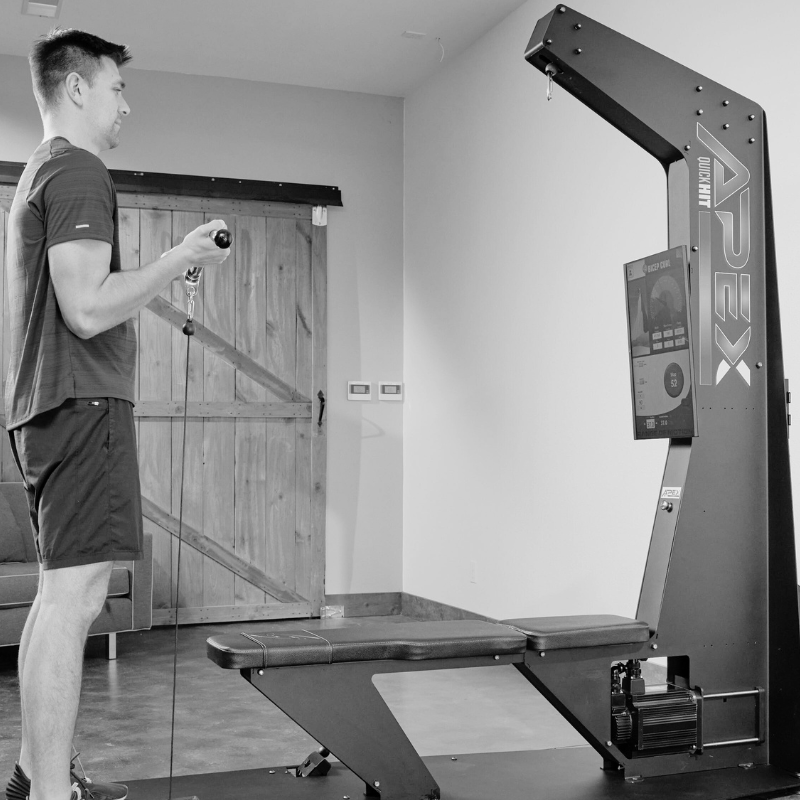Mechanical Tension: The Unsung Hero of Muscle Growth and Strength Development

In the realm of fitness and strength training, mechanical tension has often been overlooked despite its central role in driving muscle growth and strength development. As an essential variable in the muscle-building equation, understanding mechanical tension is crucial for those looking to optimize their training routine and accelerate their progress. In this comprehensive insight, we will uncover the power of mechanical tension and its transformative impact on your fitness journey.
- What is Mechanical Tension?
Mechanical tension can be described as the amount of force exerted on a muscle during exercise, particularly strength training. When a muscle contracts against resistance, such as lifting a weight, mechanical tension is created. This tension is one of the primary stimuli for muscle growth (hypertrophy) and strength development, making it a vital consideration in the design and implementation of effective training programs.
- The Role of Mechanical Tension in Muscle Growth:
a. Stimulating Muscle Protein Synthesis: Mechanical tension is a potent stimulus for muscle protein synthesis, the process whereby the body builds new muscle proteins. By inducing a state of muscle protein synthesis that exceeds muscle protein breakdown, mechanical tension can lead to net muscle growth over time.
b. Activating Satellite Cells: Mechanical tension also triggers the activation of satellite cells, which are essentially the 'stem cells' of muscles. These cells contribute to muscle growth by donating their nuclei to muscle fibers, supporting their ability to produce new protein and grow in size.
c. Inducing Hormonal Responses: High levels of mechanical tension can stimulate the release of various hormones that play a role in muscle growth, including testosterone and growth hormone. These hormones can further enhance muscle protein synthesis and influence other aspects of the muscle growth process.
- Harnessing Mechanical Tension for Strength Development:
Mechanical tension isn't just crucial for muscle growth; it's also a key driver of strength development. By placing muscles under high levels of tension, you can stimulate adaptations that improve the muscle's capacity to generate force. Moreover, because mechanical tension involves the recruitment of larger, fast-twitch muscle fibers, it can also enhance power output and athletic performance.
- Maximizing Mechanical Tension in Your Training:
a. Increase the weight-load: One of the most straightforward ways to increase mechanical tension is by lifting more weight. By challenging your muscles with high-intensity loads, you can generate greater mechanical tension and stimulate more significant muscle growth and strength gains.
b. Focus on Eccentric Contractions: Eccentric contractions, where the muscle lengthens under tension (e.g., lowering the weight in a bicep curl), can produce high levels of mechanical tension and are particularly effective for stimulating muscle growth.
c. Use Proper Form: To maximize mechanical tension, it's essential to use proper form during your exercises. Proper form ensures that the target muscles are doing the majority of the work and receiving the full benefits of the mechanical tension generated during the exercise.
d. Incorporate a Full Range of Motion: Performing exercises through a full range of motion can enhance mechanical tension by challenging muscles at all points along their length. This can lead to more balanced muscle development and improved joint health.
Mechanical tension is a cornerstone of effective strength training, driving muscle growth and strength development. By understanding its role and implementing strategies to maximize mechanical tension in your training, you can tap into this powerful stimulus for fitness progress. Whether you're looking to build muscle, increase strength, or enhance athletic performance, harnessing the power of mechanical tension can help propel you towards your fitness goals.

